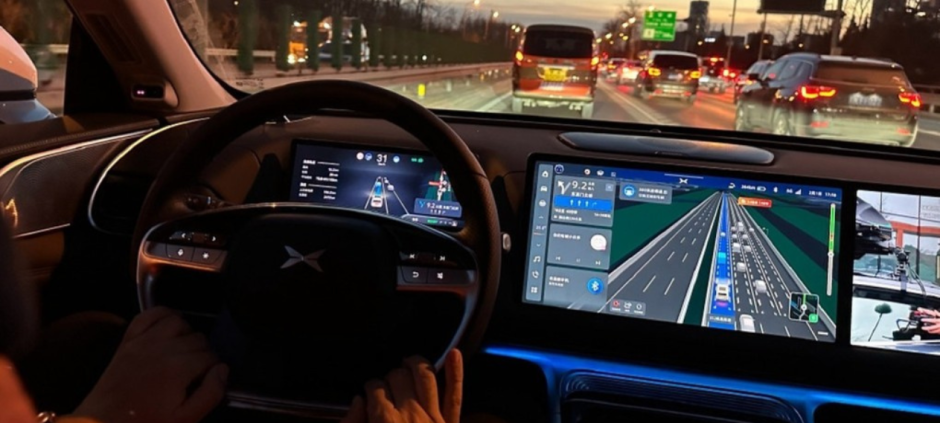China is leading the global race in assisted-driving technology, outpacing Western rivals in innovation and speed. But while progress is rapid, Chinese regulators are urging carmakers to balance innovation with safety.
Beijing is currently finalizing new safety rules for driver-assistance systems. This comes after a fatal accident in March involving a Xiaomi SU7 sedan. The crash happened shortly after the driver switched from the assisted-driving mode to manual control, killing three people.
The Chinese government wants to avoid misleading claims about these systems. At the same time, it wants to keep its auto industry ahead of U.S. and European competitors. Officials are trying to create clear regulations without slowing down technological progress.
Experts say this balanced approach gives China an advantage. In contrast, the U.S. has no unified regulatory system for assisted-driving or autonomous vehicles, causing delays and frustration in the industry.
Current Chinese laws allow systems that can steer, brake, and accelerate under certain conditions, but the driver must remain alert. Terms like “smart” or “autonomous” are banned in marketing to prevent overpromising.
New rules will include requirements for monitoring a driver’s attention and readiness to take control. Companies like Dongfeng and Huawei are helping draft these rules, with public input being collected until Friday.
China is also pushing for Level 3 assisted-driving systems, which allow drivers to take their eyes off the road in limited situations. Changan was selected for initial testing, but plans were paused after the Xiaomi crash. Testing may resume this year, with the first Level 3 car expected in 2026.
China’s top automakers, including BYD, Huawei, and Geely’s Zeekr, are moving fast to bring these systems to market. Meanwhile, global brands like Mercedes-Benz and Volkswagen remain cautious, largely due to cost and liability concerns.
China’s strategy is clear—promote safe innovation while staying ahead in the global car tech race.China’s rapid advancements in AI and automotive tech highlight its push for global leadership. Recently, it hosted the world’s first AI-powered humanoid robot football match, showcasing its innovation across industries.











